
Radiation techniques have been refined and shortened for women who qualify.
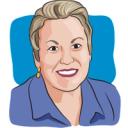
Kathy LaTour is a breast cancer survivor, author of The Breast Cancer Companion and co-founder of CURE magazine. While cancer did not take her life, she has given it willingly to educate, empower and enlighten the newly diagnosed and those who care for them.

Radiation techniques have been refined and shortened for women who qualify.

The controversy over the use of accelerated partial-breast radiation (APBI) is reflected in the recommendations from the professional organizations that oversee radiation oncology and surgery.

Cancer survivors end treatment and begin the dual journey that combines physical and psychological elements as they try to find the “new normal” of life after cancer. Physical challenges, depending on treatment, may range from long-term disabilities related to physical losses or more intangible issues, such as chronic pain, fatigue, nausea, eating complications, anemia, memory loss, lymphedema, cardiopulmonary symptoms and nerve damage.

Late effects of radiation makes an impact on leading radiation oncologist.

Cancer survivors have unique medical needs and should have available, specialized follow-up care.





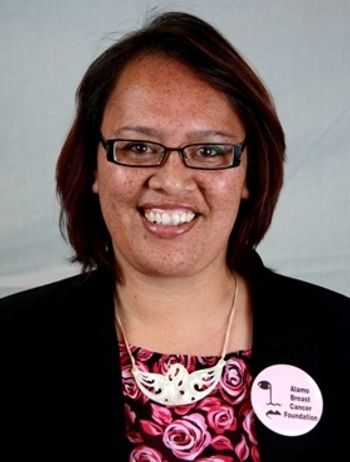
After a diagnosis of stage 3 breast cancer at age 32, Moana Papa embraced advocacy, traveling from her home in New Zealand to the San Antonio Breast Cancer Symposium to bring information back to her community.

After breast cancer, clinical sexologist Sueann Mark, PhD, developed a program to help survivors regain their sexuality after cancer.
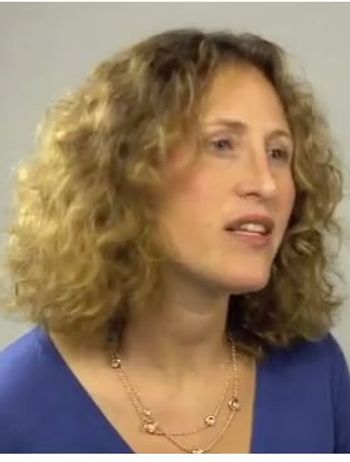
When faced with breast cancer as a young Jewish woman, Rochelle Shoretz learned that her heritage, including its risk of cancer-associated mutations, brought up unique issues, which led her to create Sharsheret, a nonprofit organization.

Wanda Brown, 54, is celebrating six years of survivorship this month, and her knowledge of the disease is a far cry from that day back in 2004 when she found the lump in her breast.

Cancer patients are living longer, but if radiation was part of their treatment, late effects may be a problem.

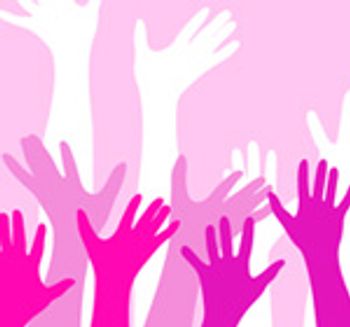
News of Elizabeth Edwards' death heightens a sense of urgency at the 33rd annual San Antonio Breast Cancer Symposium among patients, survivors and advocates.


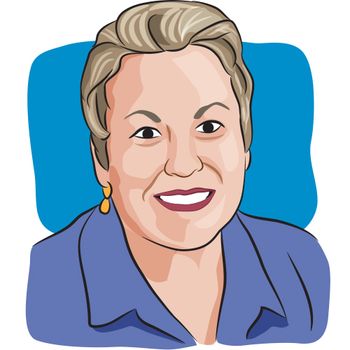
Readers respond to the question posed by CURE: Survivor guilt is a topic that is just now being explored in cancer patients and survivors. Did you experience any guilt after your diagnosis or treatment?




A book review of "Fighting Cancer with Knowledge and Hope" by Richard C. Frank, MD.

Advancements in radiation therapy for early-stage breast cancer

Fatigue, fear & a life on hold add up to painfully mixed feelings for those providing care.

Only a few years ago, Bevelle and Edwards would have automatically received the same treatment. Not so today.

Survivors work through feelings of anger, anxiety, and depression that are often rooted in guilt.

Benefits of physical activity touted.
